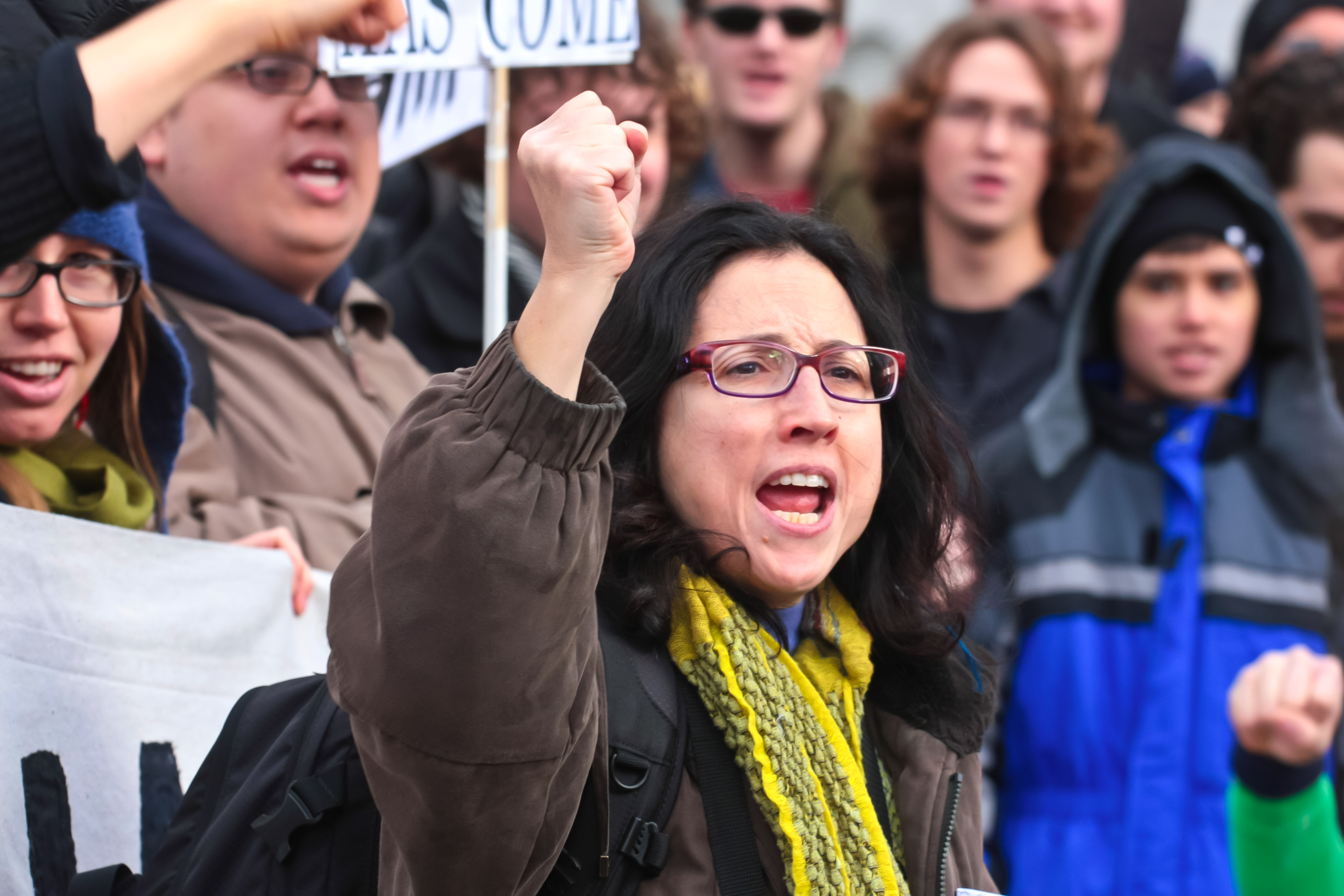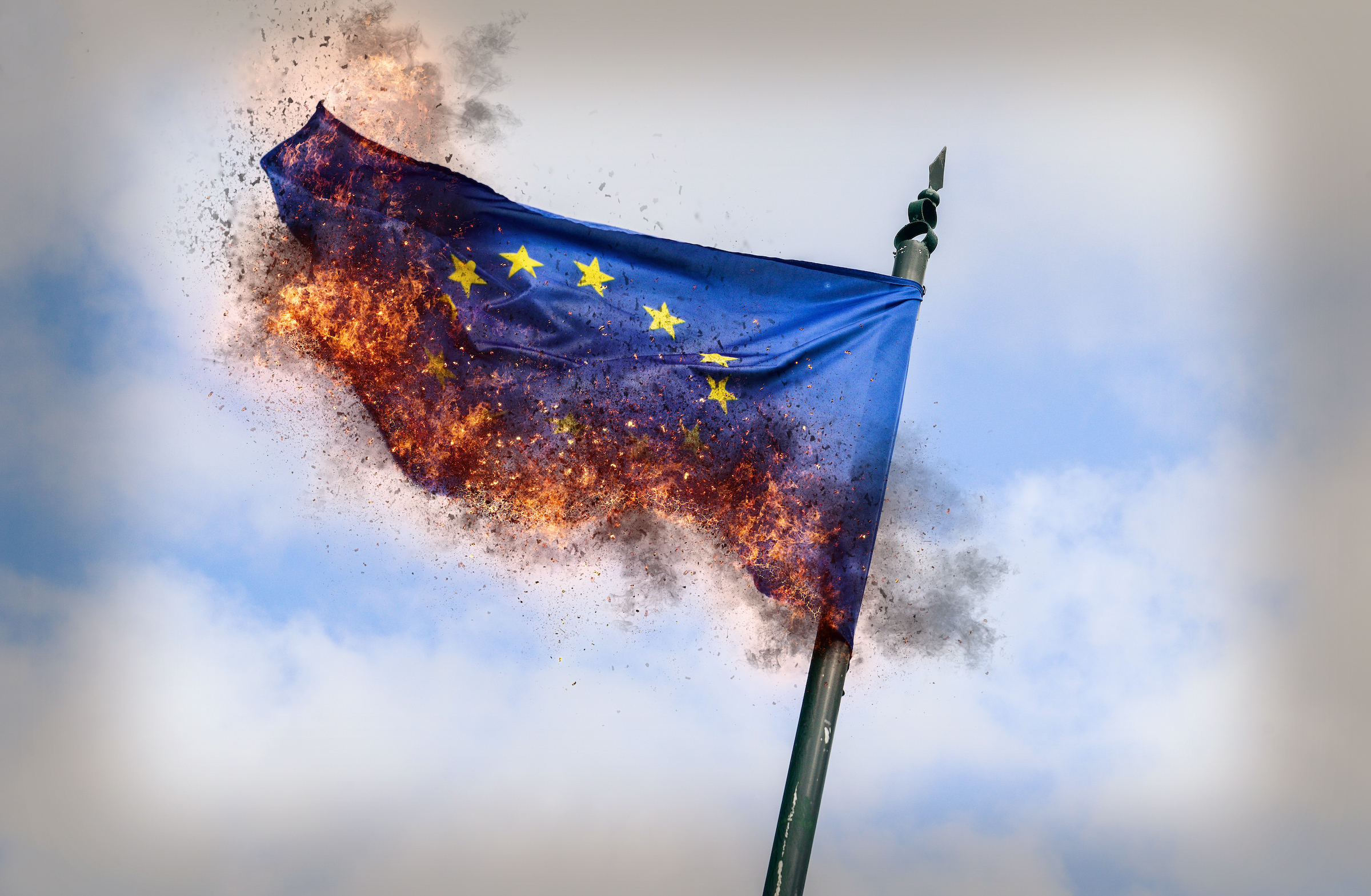In thinking about the question of whether political parties should be reformed and why they have failed historically, it’s important to turn to the question of what makes a party morally desirable. So, we turn to the foundations of what characterised parties. Why do we want parties and why do we want partisanship? To return to that question is to try and recover an understanding of what parties or, more importantly, partisanship is about: what would a democratic life lose if we were to lose partisanship? Why have the political parties that we know failed to channel what is most interesting and morally significant about parties? There are two parts to that question. The first part is perhaps more historical and has to do with the way democracy and capitalism come together, and the uneasy alliance between democracy and partisanship. It is also important to think about the mission of political parties. When we think about what parties are for, what they do, we tend to think of them as agents that operate within a particular political institutional setting, which is territorially bound, and fights elections in that setting. We seek representation from politicians whose core purpose is to run, fight and win elections. I think that is a wrong way of looking at what a party is- what it does and how it contributes to democracy.
Political parties and partisanship
Professor in Political Theory
- Political parties should do more to encourage citizens to make demands, which they can then channel into legislation and policy.
- On the other hand, social movements should do more to seek political representation, which would make them more effective beyond a particular moment.
- The failures of social inclusion have led to the rise of populism and the far right.
A wrong way of looking at political parties

Photo by HumbyValdes
Political parties as communities of principle
What is important about political parties as moral vehicles, if we think about this in a critical way, is representation: it’s the idea that they take the concerns of the political community seriously, which, through organisation in political parties, is able to then seek representation in parliament and have an input in the making of particular laws that shape public policies. What is really important about parties- in principle, in the ideal- is that through parties we become the authors of the laws to which we are subjected. We choose our representatives, and those representatives are instructed by us to try and represent our views, our principles, our commitments. I think of parties as communities of principle, and the role that parties have in political life as one of representing the principles of collectives, of individuals. Their demands on public life can become better articulated and better heard, because they are the demands of a collective, and not of isolated individuals.
Not challenging the public
In theory, the role that parties have, and the role that they should be promoting, is to try to mobilise citizens to take their political commitments seriously; to enable them to channel these political commitments better; to formulate demands that then turn them into laws and public policies; and, on the basis of those programs and principles, to run for elections and seek access to political power. What happens in reality, in many liberal societies, is the opposite: parties are motivated by the desire to win elections no matter what. They stop trying to challenge the public. They stop becoming critical vehicles. They only take for granted the opinions and views of citizens as they are, and then try and take these opinions as they are and formulate programs or platforms that then respond to these views. The problem with that way of looking at things is that sometimes these views are crude. They’re not articulated enough. They are often the victim of media propaganda. They’re often the victim of particular ideologically perverted way of looking at reality. So, the risk is that when parties take those views for granted, they fail to play their critical role in channelling more principled ways of looking at the world, more principled commitments.
Not just election machines
What is really important is to stop thinking about political parties as election winning machines, and to stop putting the emphasis just on the leaders, MPs, and the set of policies parties have; rather, think about parties as vehicles of empowerment of ordinary citizens, and also as places where activism can happen and one can be open, receive the demands of social movements and channel them more productively. If we try and think about how we can turn parties into a vehicle of empowerment, rather than one of disenfranchisement or one that consolidates the status quo and reproduces the injustices that shape the status quo, the most productive way to think about that relationship is to think of parties in continuity with social movements, articulating the demands of social movements in a way that is not bound up with the limitations of a particular electoral cycle nor with the limitations of a particular national sphere or arena.
Seeking institutional representation

Photo by a katz
In one way, political parties and social movements are similar. They are both vehicles of active citizenship and political mobilisation. In particular, when we think about the role that progressive social movements and political parties have played historically, often they have been aligned and one has been the result of the other. The challenge for current social movements is to enable the instances of protests that they facilitate and which shape contemporary liberal democracies while making them survive the particular cycle of protests in which they have been manifested.
One of the greatest challenges of social movements is that they don’t seek institutional representation, and therefore they remain limited to the moment of political opinion-formation, or the moment of protest and struggle against institutions, without necessarily trying to change institutions from within. What parties can offer is the opposite. They mediate between these instances of activism in what we might call protest movements on the one hand, and law-making government public policy on the other. So, parties are the intermediary between the sphere of lawmaking, decision-making, and activism in civil society. The most productive way of seeing this relationship is when we see a party that is not limited to just performing that policy-making role, but incorporates the demands of social movements and tries to channel institutions in light of these demands, often in progressive historical moments. When we think about the Democratic Party in the US during the Sanders’ campaign, or the Labour Party under Corbyn a couple of years ago, what was particularly inspiring about the way those parties operated in these brief moments was the fact that they were open to activism. They were open to receiving instances of protest from civil society, and they were open to empowering their members in driving that change.
Opening up channels of communication
When the relationship between parties and social movements work, it’s extremely productive, because it enables social movements to channel their demands much more efficiently, and to also channel them in a way that is continuous with social and moral critique. On the other hand, when it doesn’t work, the party elite or apparatus becomes an obstacle to activism, to social movements, and often tries to prevent them from being able to represent citizens more widely – often because of electoral or bureaucratic constraints in the party machinery. This is what paralyses liberal parties and liberal systems of representation from channeling the demands of social movements more effectively. What would empower them would be to open the channels of communication and make them much more fluid: to make the party not just for the elite or for the representation of opinions that are taken for granted, but to make them a vehicle of representation of members and ordinary citizens who feel that it’s only through participation in political parties that one can actually make a difference to law and institutions.
Difficulty of accommodating minorities
The difficulty of turning aspirations of social movements into political decisions, into public policies that actually deliver for these movements, is one with a complicated historical record. There are moments of heightened political activism; there are moments of inclusion of the demands of political activists in society, but then there’s resistance from institutions. Part of the problem is the combination between democracy and capitalism. Societies that are motivated by capitalist profit and motives, by a political economy that is oriented and shaped by capitalist incentives, will find it very difficult to accommodate the demands of minorities or particular disenfranchised groups without fundamentally changing its set-up, both legally and constitutionally, including when it comes to the organisation of political economy at a global level. The difficulties of receiving the demands of these groups at the national level after these heightened periods of political activism are obvious from the emergence of the Second International onwards. We see it repeated in different historical cycles: the difficulty of accommodating the demands of these groups while maintaining a capitalist set-up, in a system that organises society and the economy along capitalist lines – lines that are driven by profit, taxation and compromises between ruling elites and particularly privileged groups of people.
The far right flourishes in crisis

Photo by Alexandre Rotenberg
The reason populism and extreme right movements are a threat has to do with the way liberal-political institutions fail to deliver on social inclusion for all the subjects they seek to represent. So, populist and far right movements especially flourish when there is a crisis of liberal democracy. They provide a distinctive diagnosis of that crisis, which has some overlap with socialist critiques insofar as it emphasises that capitalism doesn’t deliver for everyone and that globalisation fails. While sharing part of the diagnosis, it offers solutions that are even more exclusionary than the solution it opposes- for example, a conception of a pure ethnic nation or a political community that, if it were left uncontaminated by foreign influences, might be able to recover its power and former glory. So, it’s a standard reactionary movement inspired by a typically reactionary philosophy, of the kind that we know began to flourish after the French Revolution. If you think about Joseph de Maistre and critiques of democratic understandings of the Republic around the 17th, 18th or 19th centuries, that was the debate that planted the seeds of a right-wing take on the world. It recognises the problems, the crisis, the limitations of liberal political institutions, but offers alternatives that hark back to a past of tradition, authority, connection to a particular territory, land, language, culture and so on. It offers a return to those ideas as a solution to the problems of the globalised world.
Populism aims to take back control
What enables the far right and the emergence of populism are the failures of liberal democracy. Populism is, in some ways, the desire for voice and agency when living in a world where technocrats make decisions and public policy is shaped by the ratings of market agencies. Populists respond to all that by trying to re-appropriate and take back control, returning to this myth of a common belonging, of shared community, and to a set of ideals that is ultimately regressive. The socialist critique and the far right critique of liberalism have some overlap. The difference is that one takes us back to a kind of premodern, pre-liberal world in which authority, family and traditional bonds make a comeback in all their exclusionary force, while socialism is a forward-looking theory that advances the critique of liberalism by trying to preserve the most progressive elements of liberal societies.
Discover more about
The current challenges of political parties and partisanship
White, J., & Ypi, L. (2016). The Meaning of Partisanship. Oxford University Press.
Ypi, L. (2017). Global Justice and Avant-Garde Political Agency, 2nd Edition. Oxford University Press.